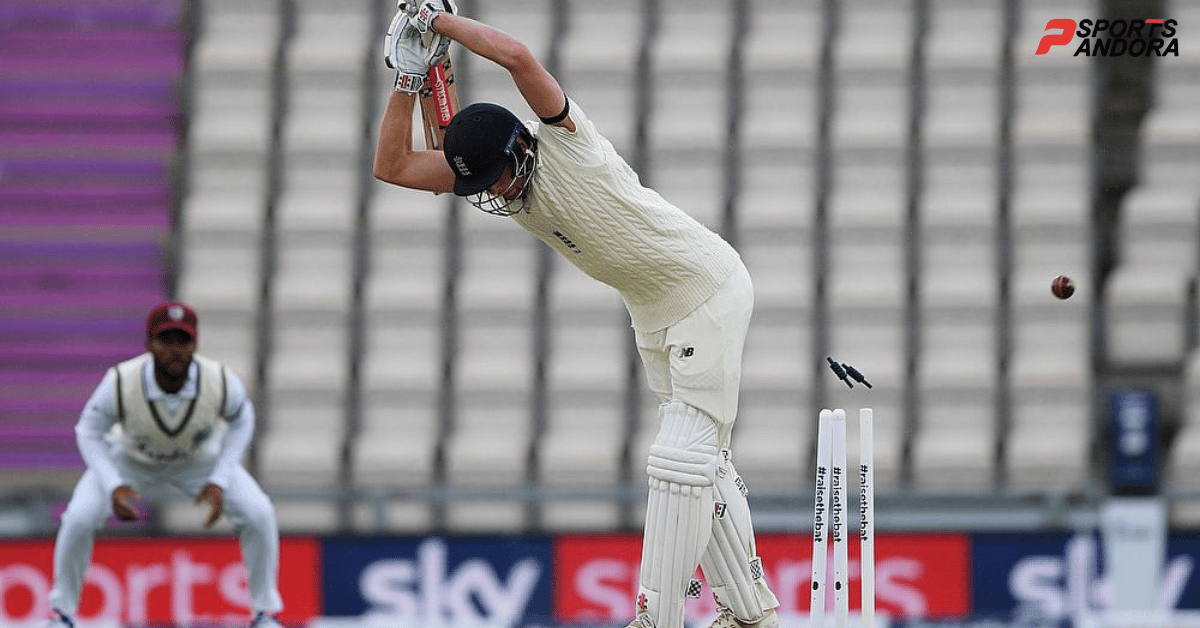Test cricket, the oldest and purest form of the game, embodies tradition, strategy, and endurance. Rooted in a rich legacy, this format boasts a distinct set of rules that set it apart from its shorter counterparts. In this article, we delve into the captivating world of Test cricket and unravel its unique regulations, revealing the intricacies that make it the ultimate test of skill and resilience.
The importance of rules in Test cricket cannot be overstated. These regulations form the foundation of fair play, ensuring that the game is contested on a level playing field. However, rules provide structure, clarity, and consistency, allowing teams to strategize and showcase their skills within defined boundaries. They maintain the integrity of the game, promoting sportsmanship and upholding the spirit of cricket. Moreover, without rules, Test cricket would descend into chaos, compromising the essence of this revered format and depriving players and fans alike of the timeless battles that make it so captivating.
Rules in Test Cricket
- The Coin Toss:
As the captains stride to the pitch, anticipation hangs in the air. The coin toss, a revered tradition, determines which captain will have the honor of choosing whether to bat or field first. A pivotal moment that sets the tone for the match, this decision can shape the outcome.
- Overs and Innings:
In Test cricket, each team typically gets two innings to showcase their prowess with the bat. An innings concludes when one team dismisses ten of the eleven batsmen, or the captain declares it closed. To ensure fairness, both teams receive an equal number of overs, with six deliveries per over.

- The Follow-On:
Should a team bat first and accumulate a significant lead over their opponents, the follow-on rule comes into play. If the trailing team’s total falls below a specified margin (currently 200 runs), the captain of the team batting first has the option to enforce the follow-on, allowing their team to bat again immediately.
- LBW and Umpire’s Call:
The Leg Before Wicket (LBW) rule often sparks debates and controversy. If a bowler’s delivery strikes the batsman’s leg before hitting the wickets and the umpire deems it would have gone on to hit the stumps, the batsman is declared out. However, if the decision rests within the narrow margin known as “umpire’s call,” the batsman survives.
- Timeless Battle:
Unlike limited-overs cricket, Test matches have no time constraints. They are played until either team wins or a draw is declared. The duration can span up to five grueling days, putting players’ skills, concentration, and stamina to the ultimate test.
- Drinks Break and Tea:
Cricket is as much a game of endurance as it is of skill. To keep players hydrated during extended play, scheduled drinks breaks provide them with essential fluids. Additionally, the tea break, a cherished tradition, offers respite and allows players to rejuvenate before resuming battle.

- DRS (Decision Review System):
Introduced to minimize erroneous decisions, the Decision Review System plays a vital role in modern Test cricket. Teams have a limited number of reviews to challenge the on-field umpire’s verdict. This technological innovation has added a new layer of fairness and accuracy to the game.
- Declarations:
A captain’s tactical acumen comes to the fore during declarations. They strategically choose to end their team’s innings to give themselves sufficient time to dismiss the opposition. However, timing the declaration right is crucial, striking a balance between accumulating runs and allowing enough overs to dismiss the opponents.
READ MORE: Rules in TWENTY20 Cricket
Test cricket, the epitome of endurance and skill, thrives on its distinctive set of rules. From the tense coin toss to the strategic declarations, every aspect of the game plays a crucial role in shaping its outcome. However, as spectators, we marvel at the battles that unfold over five days, witnessing the ebb and flow of fortunes in this captivating form of the game. So, the next time you watch a Test match, immerse yourself in the rules that govern it and appreciate the unique challenges faced by the players as they strive for glory on the grandest stage of all.


